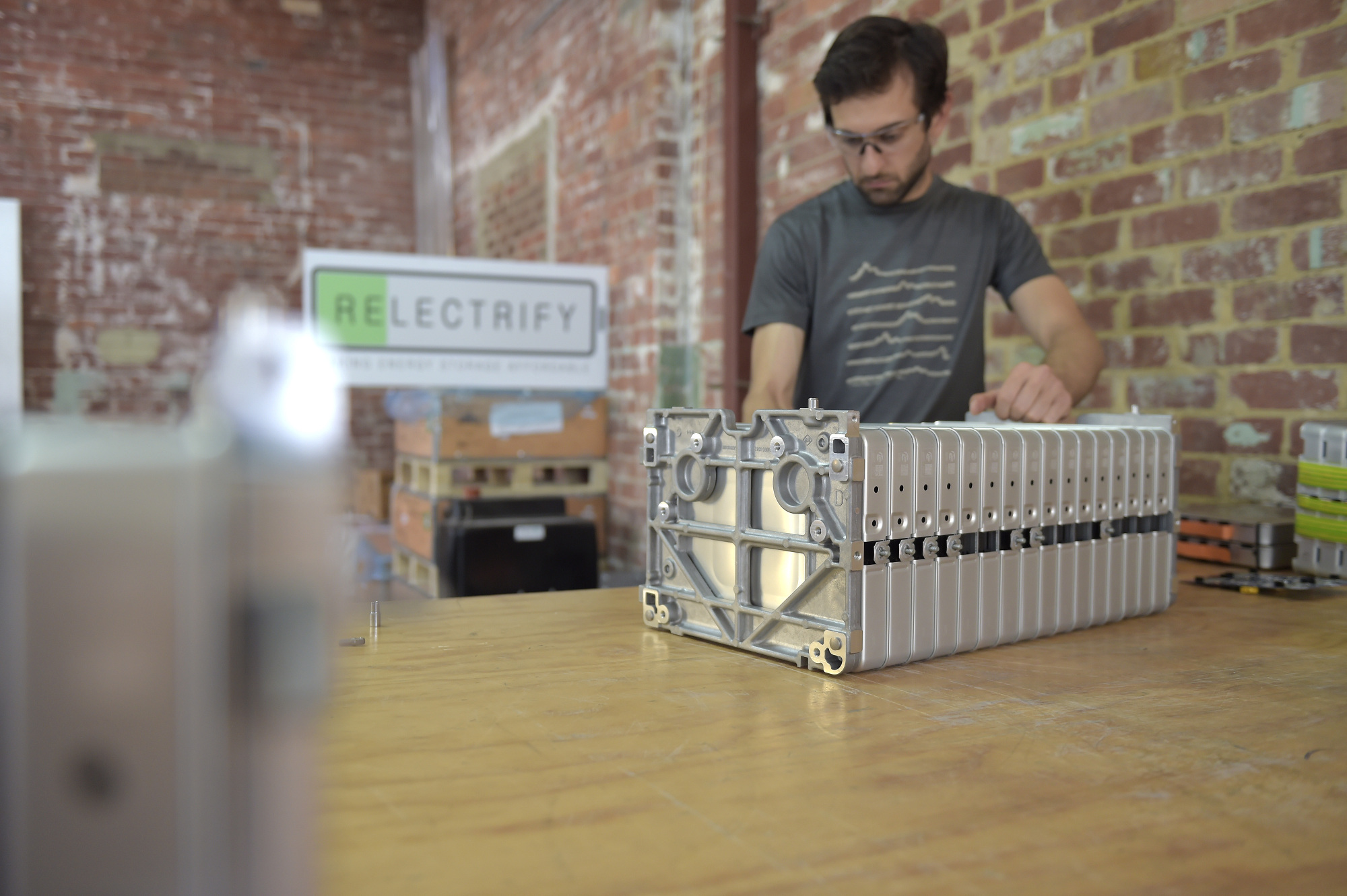The first batches of batteries from electric and hybrid vehicles are hitting retirement age, yet they aren't bound for landfills. Instead, they'll spend their golden years chilling beer at convenience stores in Japan, powering car-charging stations in California and storing energy for homes and grids in Europe.
Lithium-ion car and bus batteries can collect and discharge electricity for another seven to 10 years after being taken off the roads and stripped from chassis — a shelf life with significant ramifications for global carmakers, electricity providers and suppliers of raw materials.
Finding ways to reuse the technology is becoming more urgent, as the global stockpile of electric vehicle batteries is forecast to exceed the equivalent of about 3.4 million packs by 2025, compared with about 55,000 this year, according to calculations based on Bloomberg NEF data.


















With your current subscription plan you can comment on stories. However, before writing your first comment, please create a display name in the Profile section of your subscriber account page.